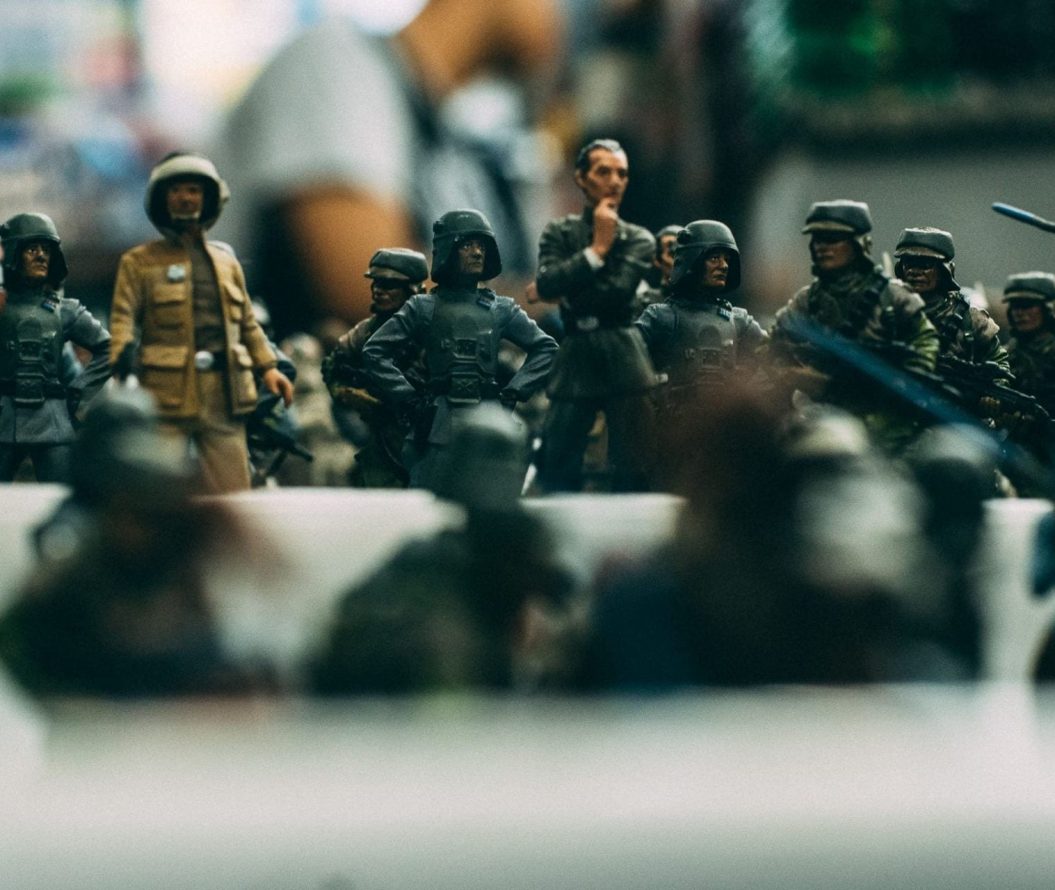Hi! I'm Tash, a third year English student and (very very very) amateur photographer, who is liable to accidentally dye my light clothes (or friends, or seats, or walls) blue with my hair whenever it rains :)

Pride is still a protest – from The UK’s first pride to pride under covid
June 9, 2021,
read.
June is LGBTQ+ pride month, and as the celebrations start, I wanted to look back a little at where pride in the UK started. From the first pride in 1972 to the millions who celebrate each June, pride has always been about protesting unfair treatment and celebrating life and achievements in the face of it; so I’ve broken down some of the key parts of LGBTQ+ history to keep that legacy in mind this Pride month.
Why did pride begin?
The first Pride Parade in the UK was held in London on the 1st of July 1972, chosen to be the closest Saturday to the anniversary of the first night of the Stonewall Riots on the 28th of June 1969, which was how pride began.
This first Pride was attended by nearly 2,000 people and was just 5 years after the Sexual Offences Act of 1967 decriminalised gay relationships for consenting men over the age of 21 (although Scotland did not change the law until 1980 and Northern Ireland not until 1982). Even with this change in the law, public attitudes remained divided and LGBTQ+ still suffered much harassment and discrimination – particularly at the hands of the police who regularly found unlawful excuses to raid gay nightclubs, bars and other safe spaces. This Pride was a protest against this treatment, in kind with the Stone Wall Riot in New York City, organised by local London groups as well national gay liberation and rights activists.
What has pride achieved?
In 1988, the conservative government under Thatcher passed ‘Section 28’, which banned the teaching or promoting of the ‘acceptability of homosexuality as a pretended family relationship’, effectively censoring any mention of LGBTQ+ people in schools at all. The passing of this legislation caused outrage and was the catalyst for the forming of many LGBTQ+ advocacy groups, including Stonewall UK in 1989. ‘Section 28’ was only repealed in Scotland in 2000, and then later in English, Welsh and Northern Irish law in 2003 due to the continued advocacy and protest from LGBTQ+ activists and movements.
Due to continued pride protests, Civil Partnership was opened as an option for same-sex couples in 2004 – the same year that the right to change your legal gender became possible for transgender people. Same sex marriage then was legalised in 2014 in England, Scotland, and Wales. In Northern Ireland however same sex marriage was only legalised in February 2020.
What is the focus of pride today?
For the last few decades, pride has focused on gaining legal rights for LGBTQ+ people to bring our opportunities and quality of protection up to the same level as cisgender and straight people. Now pride is shifting focus to widening access to these rights and supports for all LGBTQ+ people.
For example, despite the legal steps forward made for transgender people through the pride movement, transmasculine bottom surgery is currently unavailable on the NHS due to there being no surgeons contracted to provide them; no referrals can be made and people who were waiting for this surgery have been removed from the waiting list. This gender affirming surgery, a necessity for transmasculine people with gender dysphoria, costs between £40,000 and £70,000 privately, which is an extreme expense for most transgender people. This effectively cuts off their access to this method of medical transitioning, had they needed to take this step.
Young members of the LGBTQ+ community also still continue to report poorer mental health than their cis-het peers, are still more likely to experience homelessness and poverty and are still offered poor or little to no support when it comes to sex and relationship education despite the repeal of damaging laws like Section 28.
This is to say, legal rights are fundamental, but when it comes to living day to day knowing your rights are protected is the bare minimum. Pride is still a protest, as it always has been, and there is now a focus on access for LGBTQ+ people; now the laws have changed, we can focus on why these changes were fought for and what they bring to the community.
How can you take part this year?
Due to Covid-19, many pride celebrations have been digitalised or rescheduled to make them a little safer, like London Pride, which has been moved to September to allow more time for the vaccine roll-out against Covid. Check in your hometowns or for online celebrations this year, a lot of smaller events have been able to go ahead in a modified covid-safe way and so many digital seminars and celebrations have been scheduled, so there are still many ways to be involved in the celebrations and protests this Pride.




